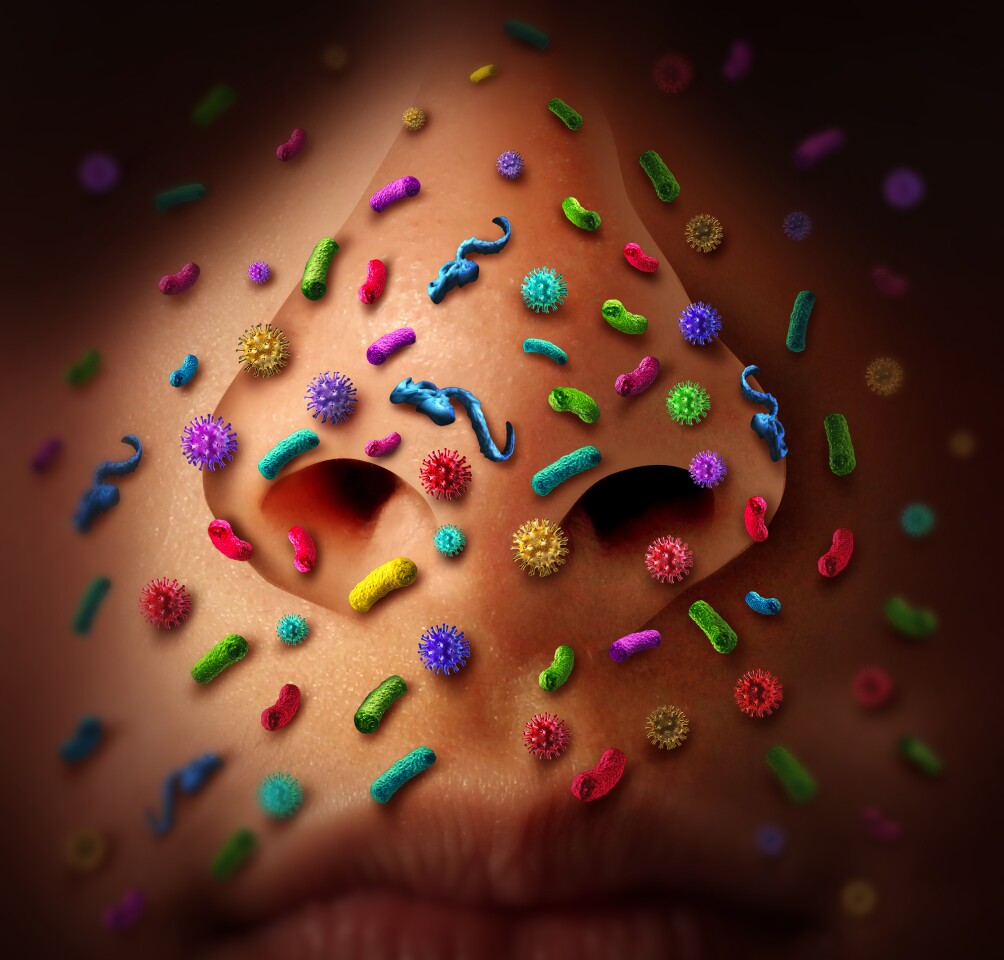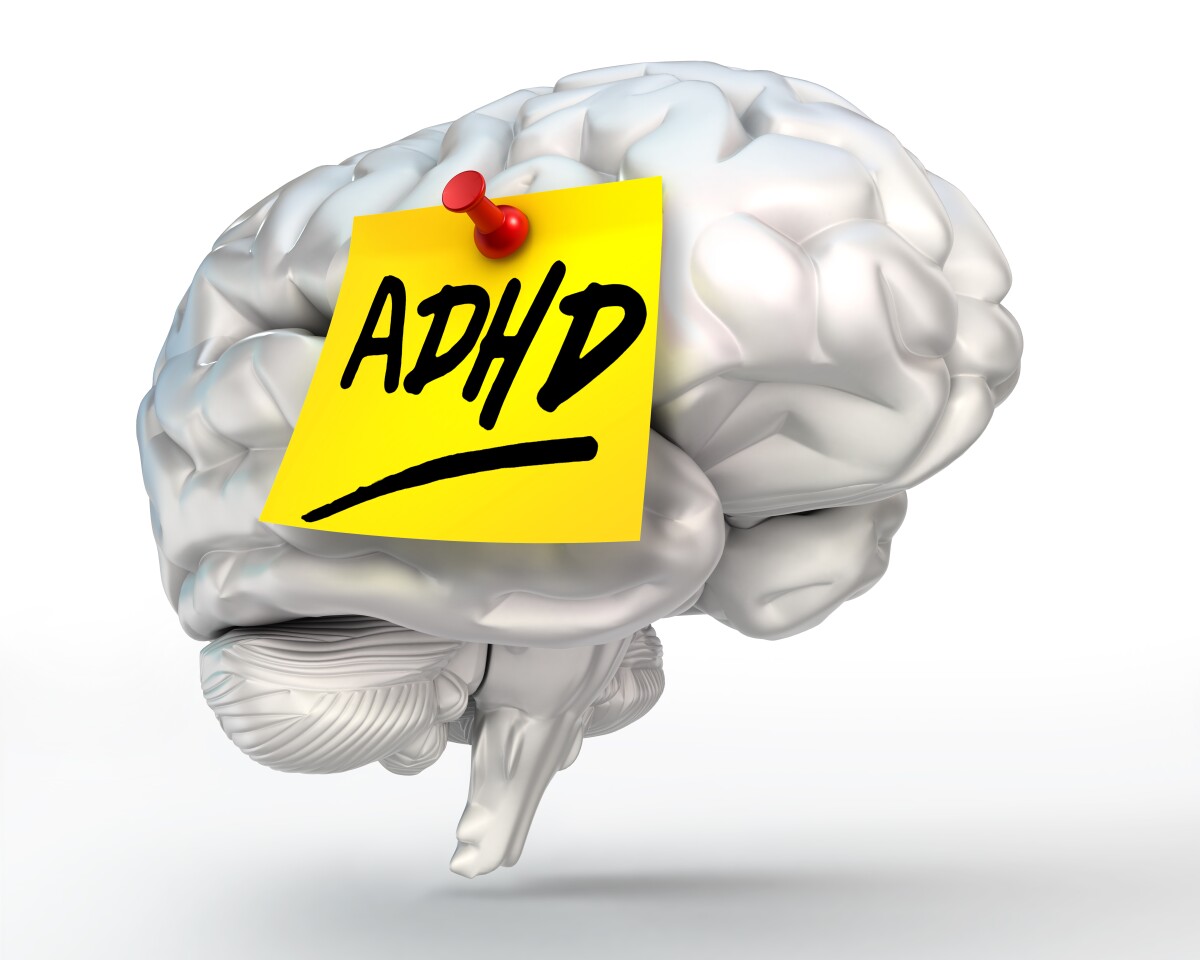Old antipsychotic drugs offer clues to new class of diabetes treatment
Researchers studying new methods for improving blood sugar control in type 2 diabetes have discovered an old class of antipsychotic drugs may offer clues to a novel kind of treatment for hyperglycemia. While the researchers propose the old drugs could … Continue reading Old antipsychotic drugs offer clues to new class of diabetes treatment



